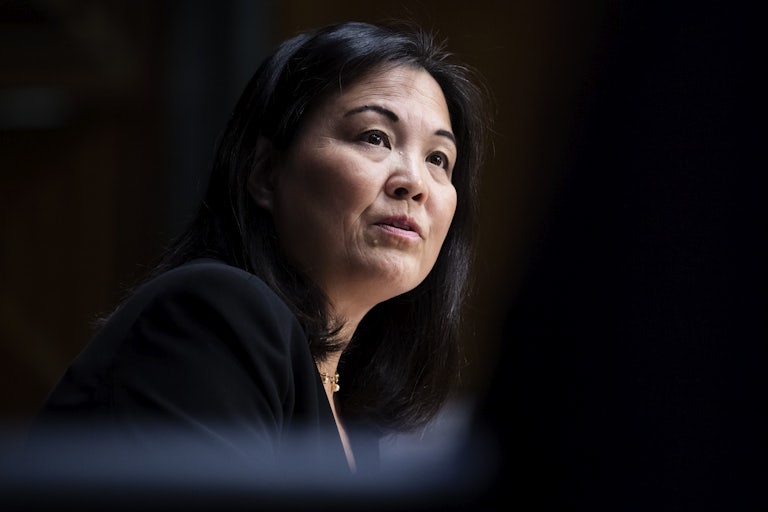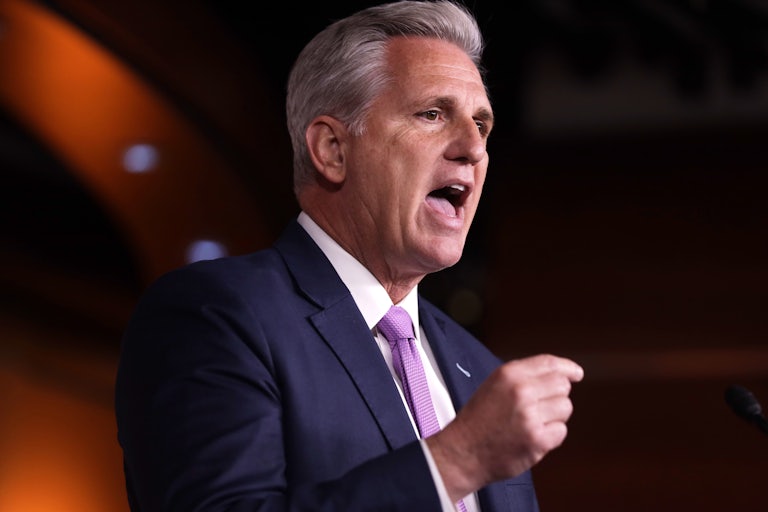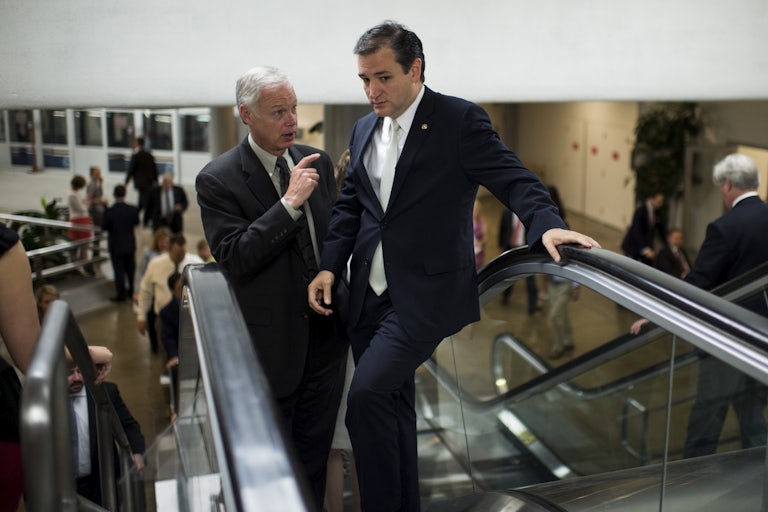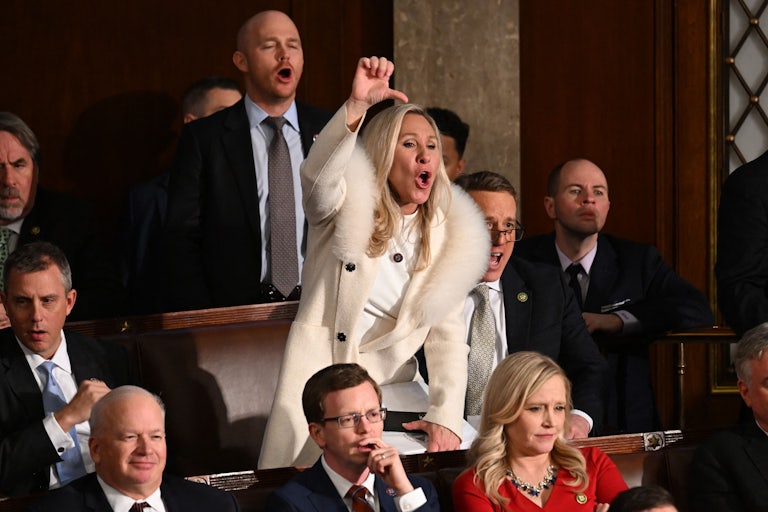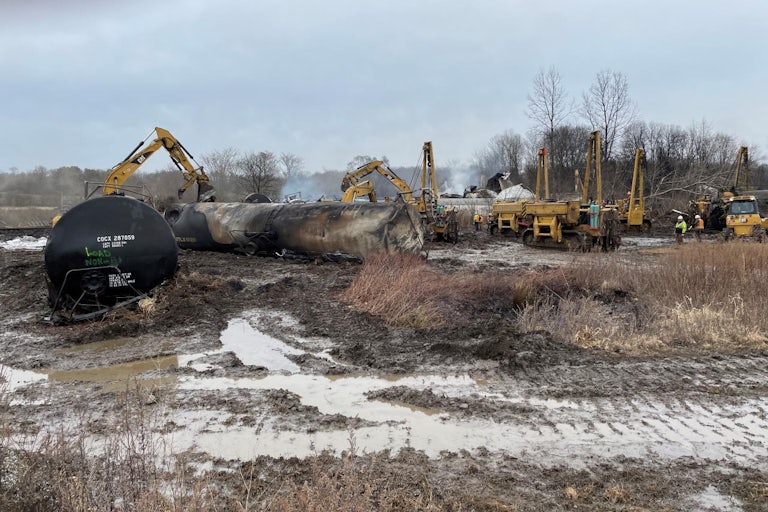Bernie Sanders Moves to Subpoena Starbucks CEO Howard Schultz for Union-Busting Allegations
Schultz has previously declined invitations to appear before the Senate about the allegations.
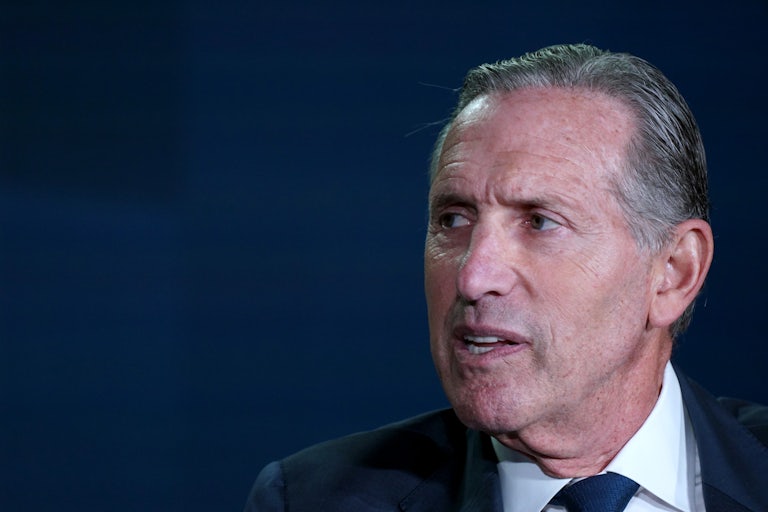
Senator Bernie Sanders is continuing to use his newfound committee influence to hold corporate leaders’ feet to the fire. Now he’s calling to subpoena Starbucks CEO Howard Schultz, on allegations of the company’s union-busting.
Sanders announced Wednesday that the Senate’s Health, Education, Labor and Pensions, or HELP, Committee will vote on March 8 as to whether it will issue a subpoena to the Starbucks executive, who previously declined a voluntary invitation to appear in front of the committee.
Starbucks cited Schultz’s scheduled March step-down as reason to offer a company chief public affairs officer to appear instead. The HELP committee was not interested in the alternative and subsequently is looking to forcibly subpoena Schultz.
“The National Labor Relations Board (NLRB) has filed over 75 complaints against Starbucks for violating federal labor law and there have been over 500 unfair labor practice charges lodged against his company,” Sanders said in a statement. “Unfortunately, Mr. Schultz has given us no choice, but to subpoena him. A multi-billion dollar corporation like Starbucks cannot continue to break federal labor law with impunity. The time has come to hold Starbucks and Mr. Schultz accountable.”
The announcement comes the same day that over 70 white-collar Starbucks employees and even managers released a letter in protest of the company’s return-to-office policies and its alleged union-busting activity. “We call on Starbucks to commit to a policy of neutrality and respect federal labor laws by agreeing to follow Fair Election Principles, and allow store partners, whether pro- or anti-union, to decide for themselves, free from fear, coercion, and intimidation.”
As of this writing, at least 412 Starbucks stores nationwide have attempted a unionization effort; 281 have successfully unionized, and another 37 elections are ongoing. Given allegations of union-busting activity coming from both store and corporate workers, as well as Congress itself, the 57 failed and 33 withdrawn bids may generate further scrutiny, when compared to the overwhelming number of successful efforts.

